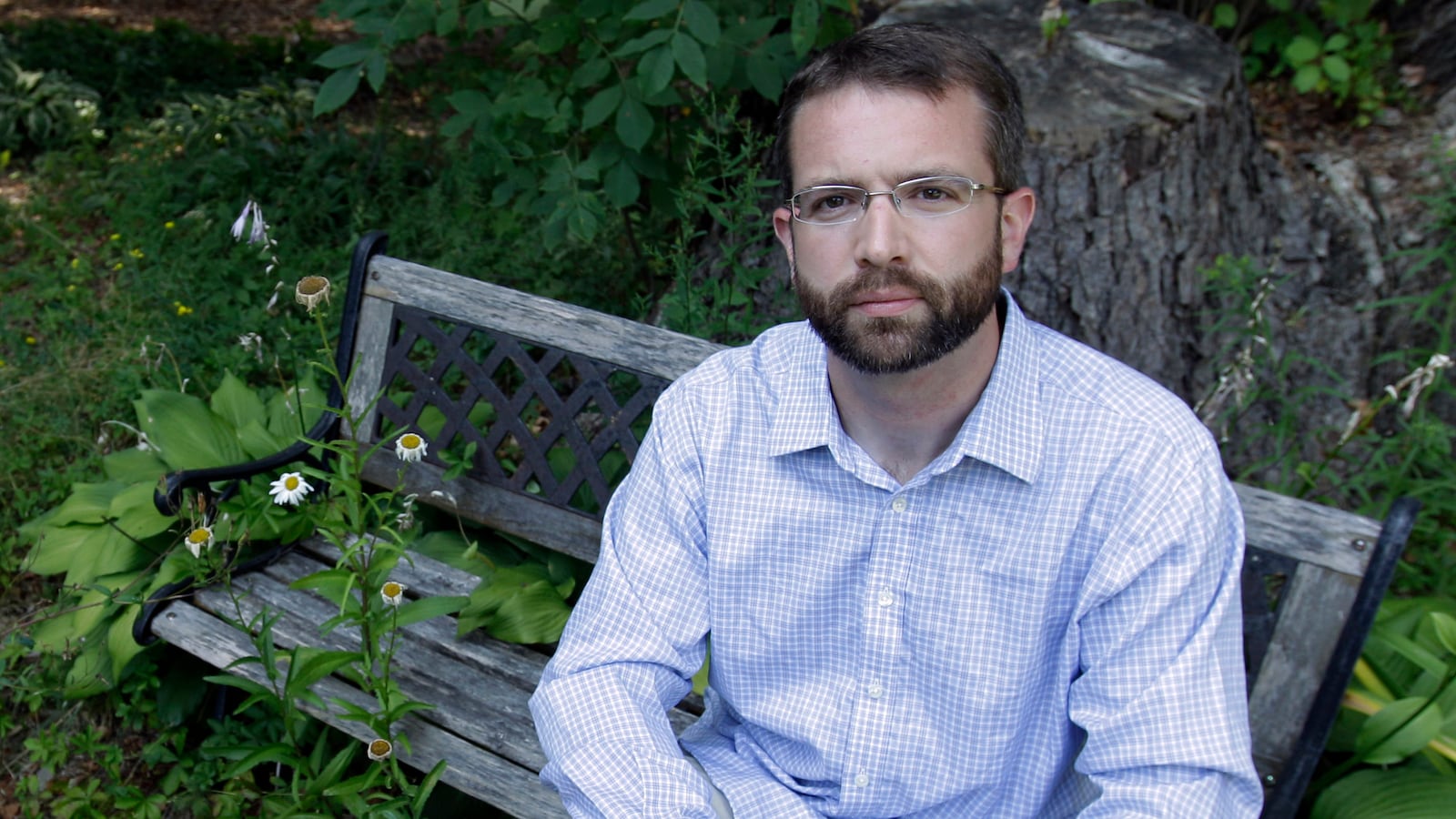Brian Castner defused countless bombs and other explosive devices during his eight years in the military, but speaking Thursday at the Hero Summit, presented by Newsweek and The Daily Beast, he repeatedly rejected the claim that he is a hero.

“It’s not right,” Castner said, noting that he had attended an award ceremony one day earlier for a friend who lost three limbs in an explosion. “I feel like our standard for hero has dropped too low.”
In a focused and thought-provoking conversation with ABC News correspondent John Donvan, Castner—who served as an explosive ordnance disposal (EOD) officer from 1999 to 2007, including two years in Iraq—insisted that throughout his service he was just doing what he was trained to do. “If we call people in general service to others heroes, we let ourselves off the hook. ‘Well, heroes do something extraordinary!’ But if we saved that term, maybe it would ennoble us to do more.”
Castner told Donvan that when he first joined the military he had wanted to work as an astronaut. But when he discovered EOD, he said, “there was this incredible brotherhood I wanted to be part of. I knew if I succeeded … I would’ve done something really hard that I could be proud of.”
That brotherhood has suffered its share of casualties over the past decade of war; Castner referred to a memorial with the names of EOD officers who have died in the line of duty, and said that more names were added to that memorial last year than in any year since 1945.
“If you look at those names, nearly every single one of them, something killed them that they never saw,” Castner said, calling the element of surprise the biggest threat to all bomb defusers.
“The IED that somebody else discovers … in some ways they’re doing a lot of the more dangerous work. If I know where it is, I’m not in danger anymore,” Castner said. “I never worried about the bomb I knew about. I worried about the bombs that were hidden.”
Castner said that he continues to experience mental and cognitive difficulties as a result of his exposure to blasts, and that writing a book about his experiences—The Long Walk: A Story of War and the Life That Follows—was his way of processing them.
“The truth is I needed to explain it to myself; I needed to explain it to my children: this is why Dad’s crazy, this is why he acts like he does.”





